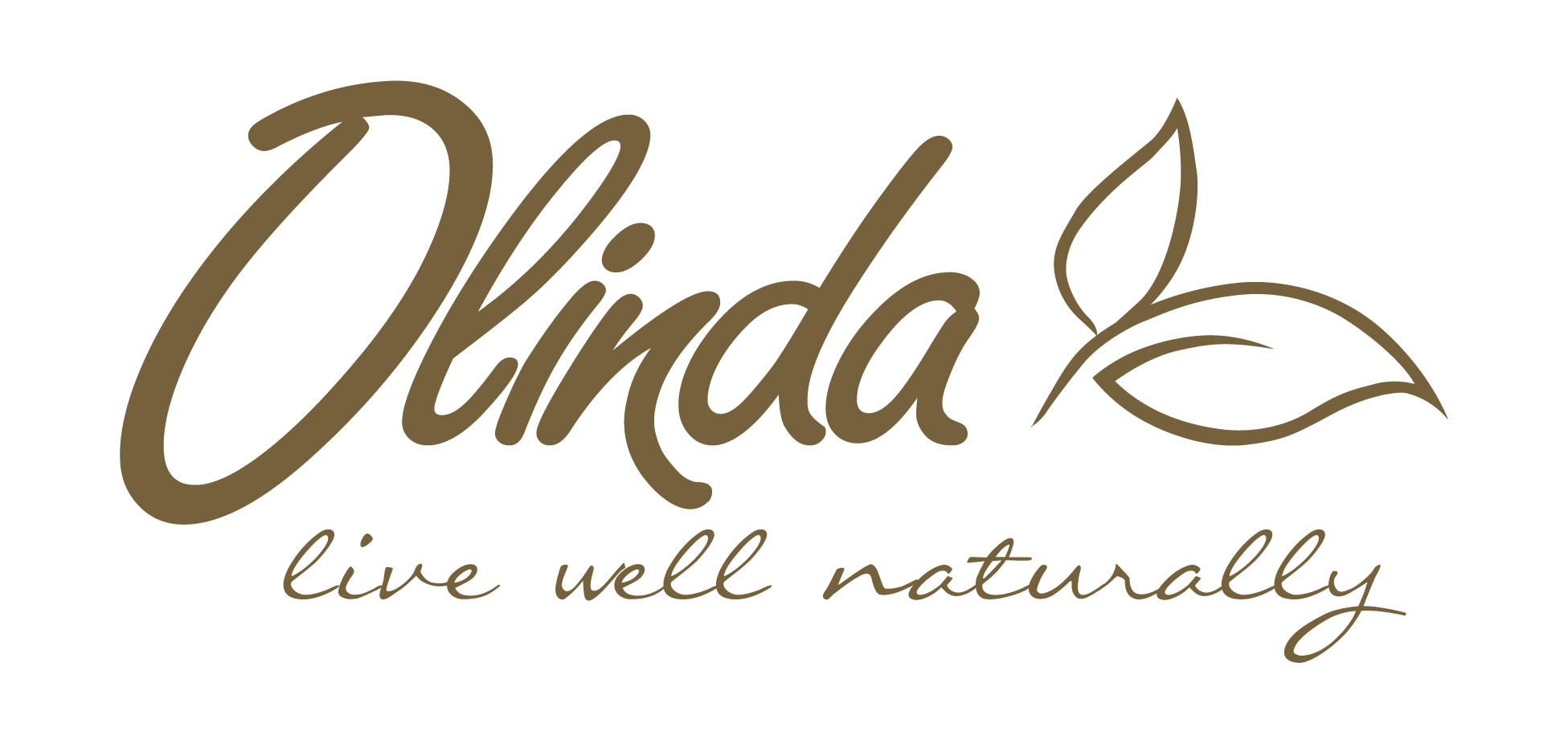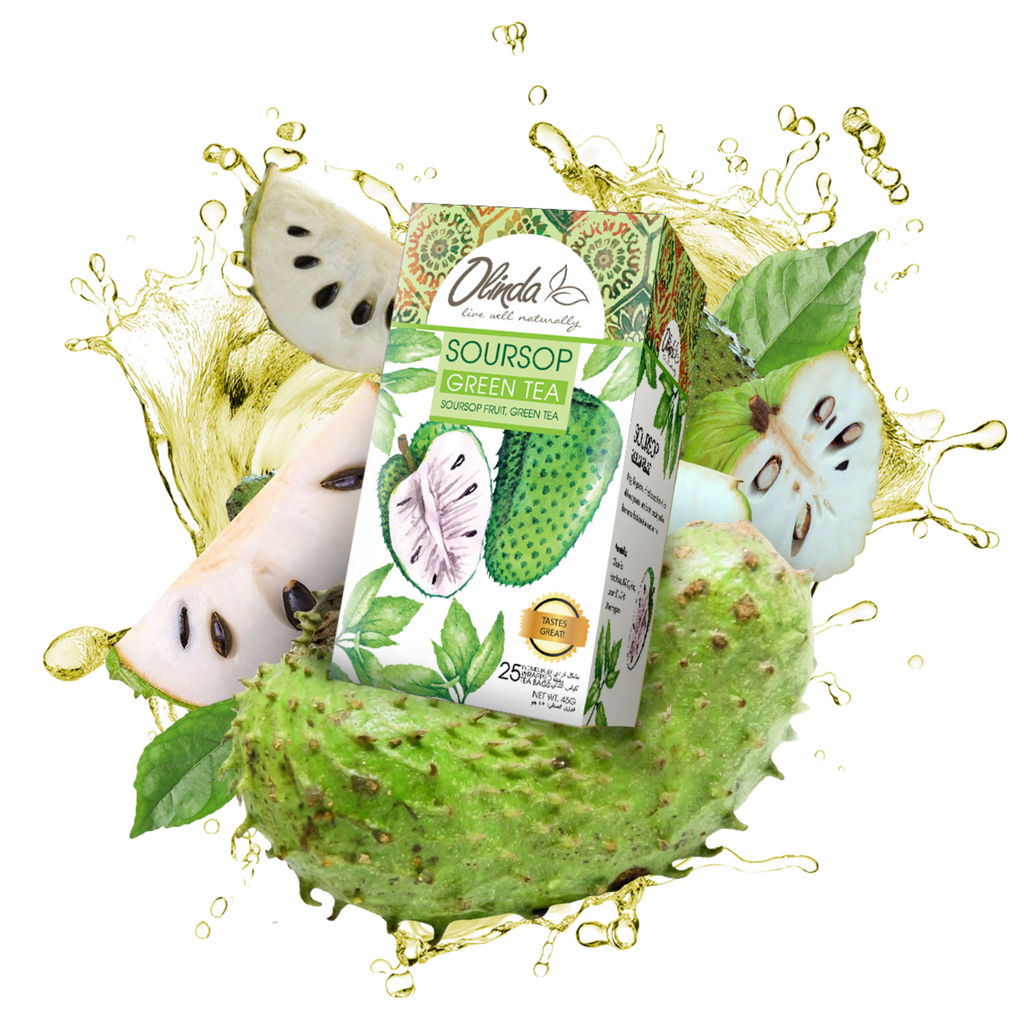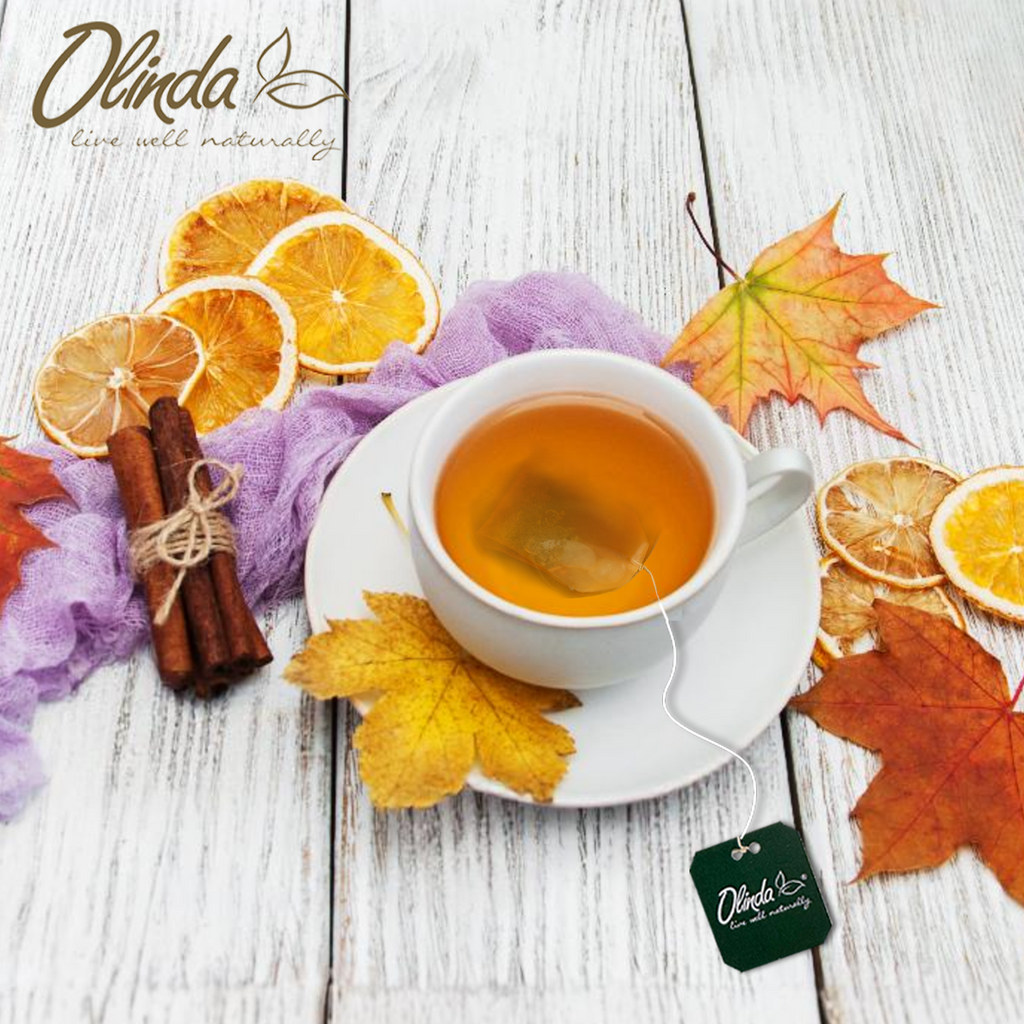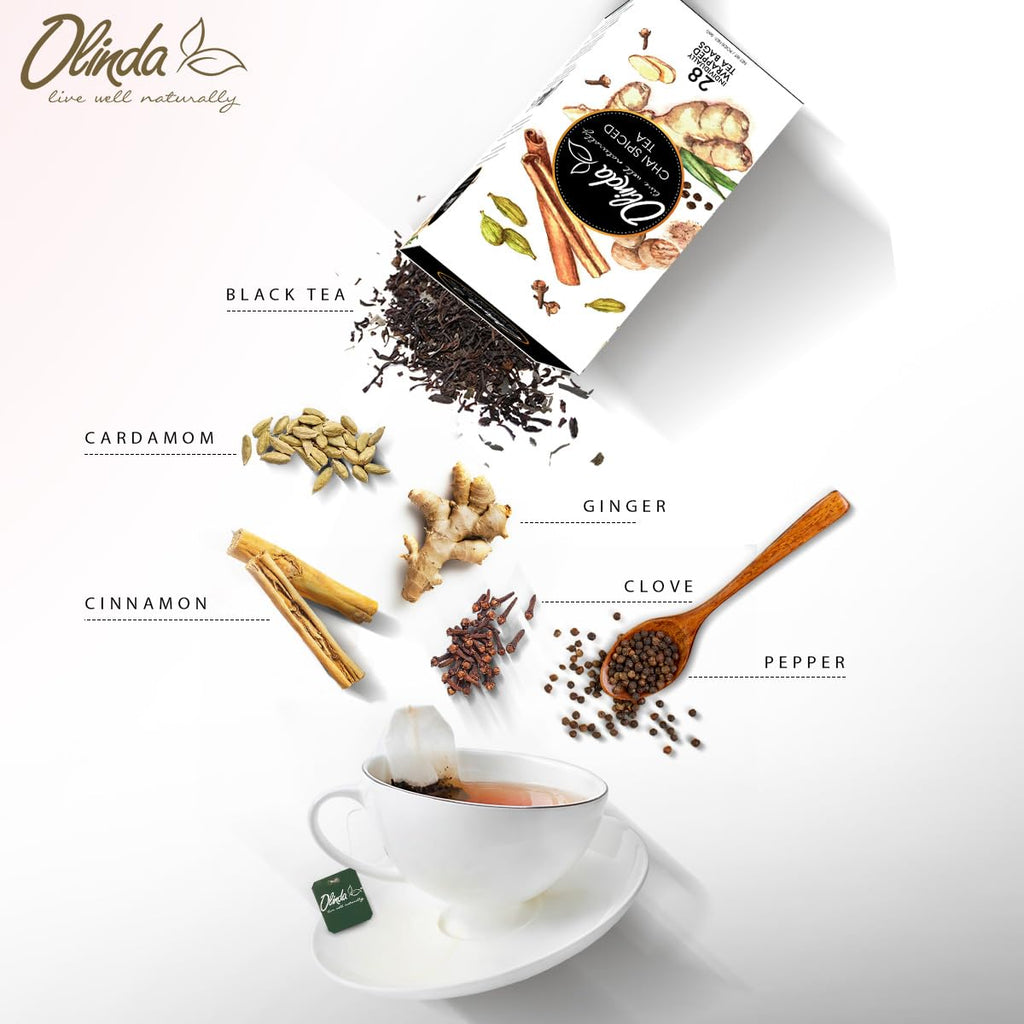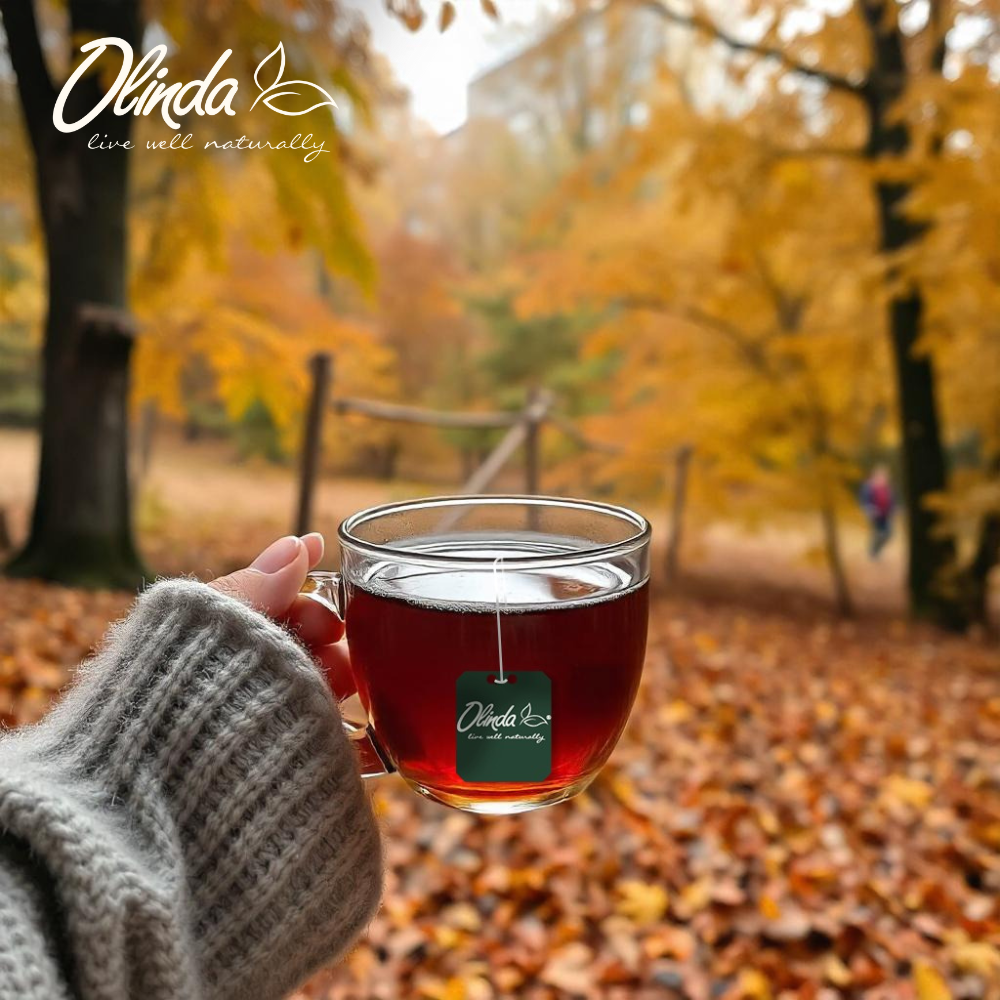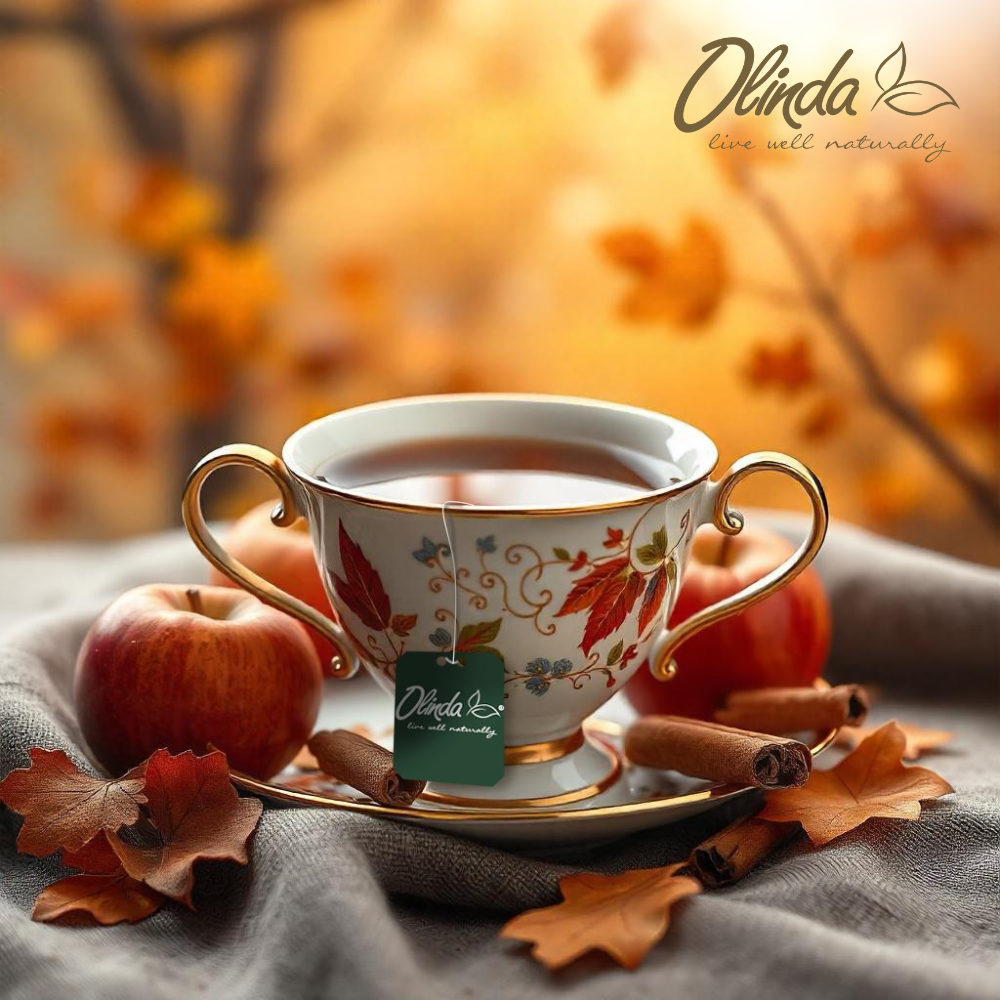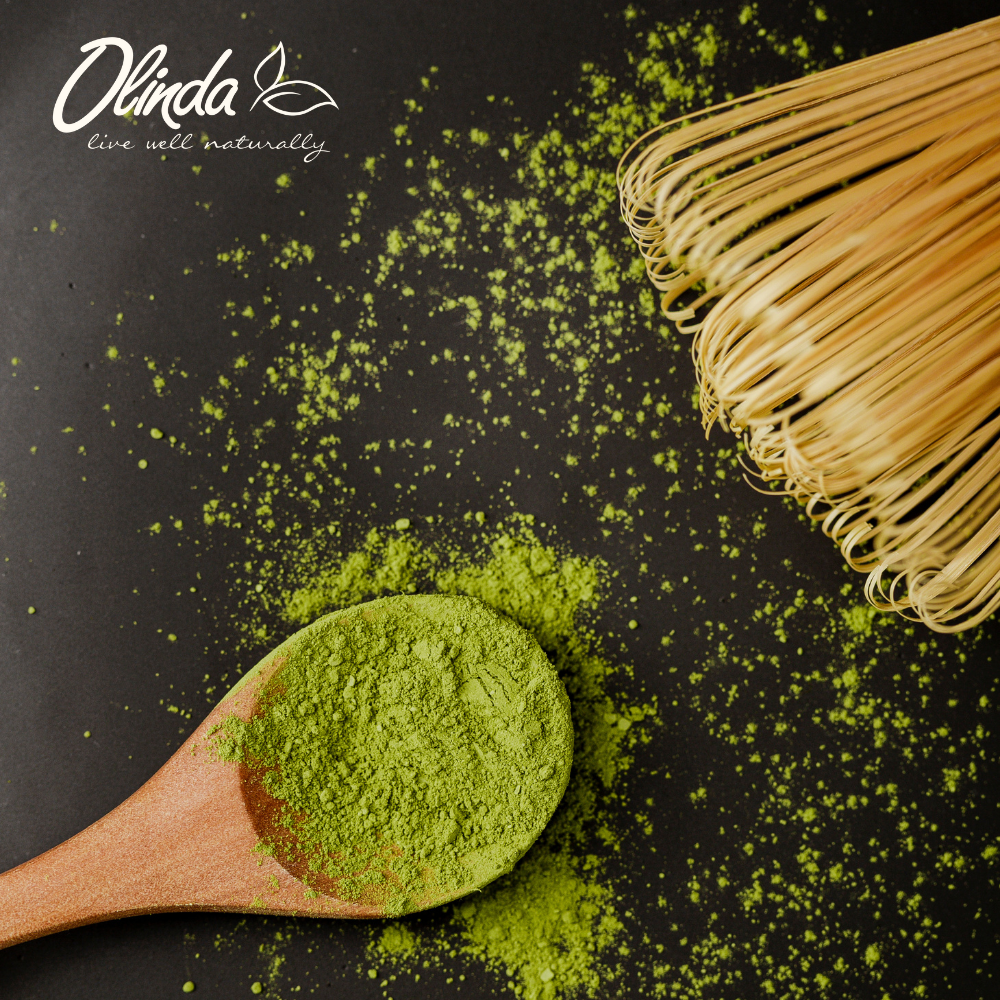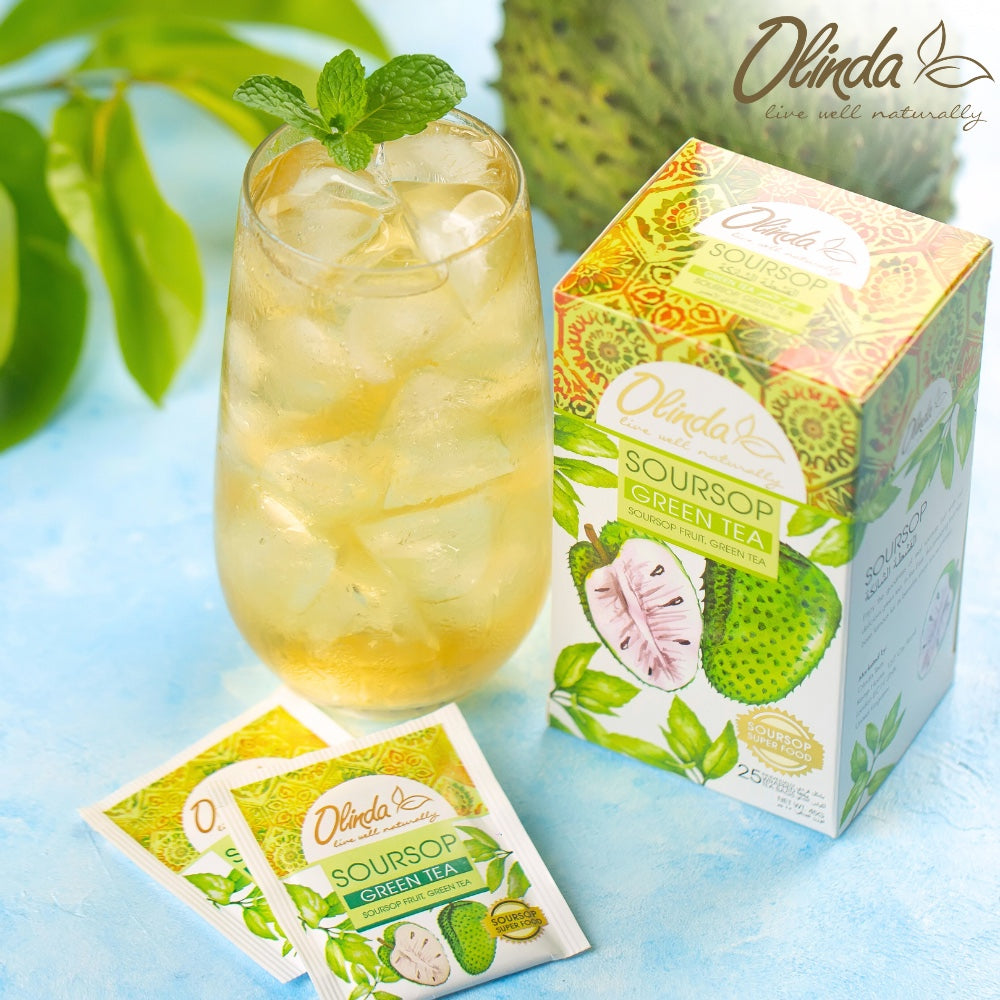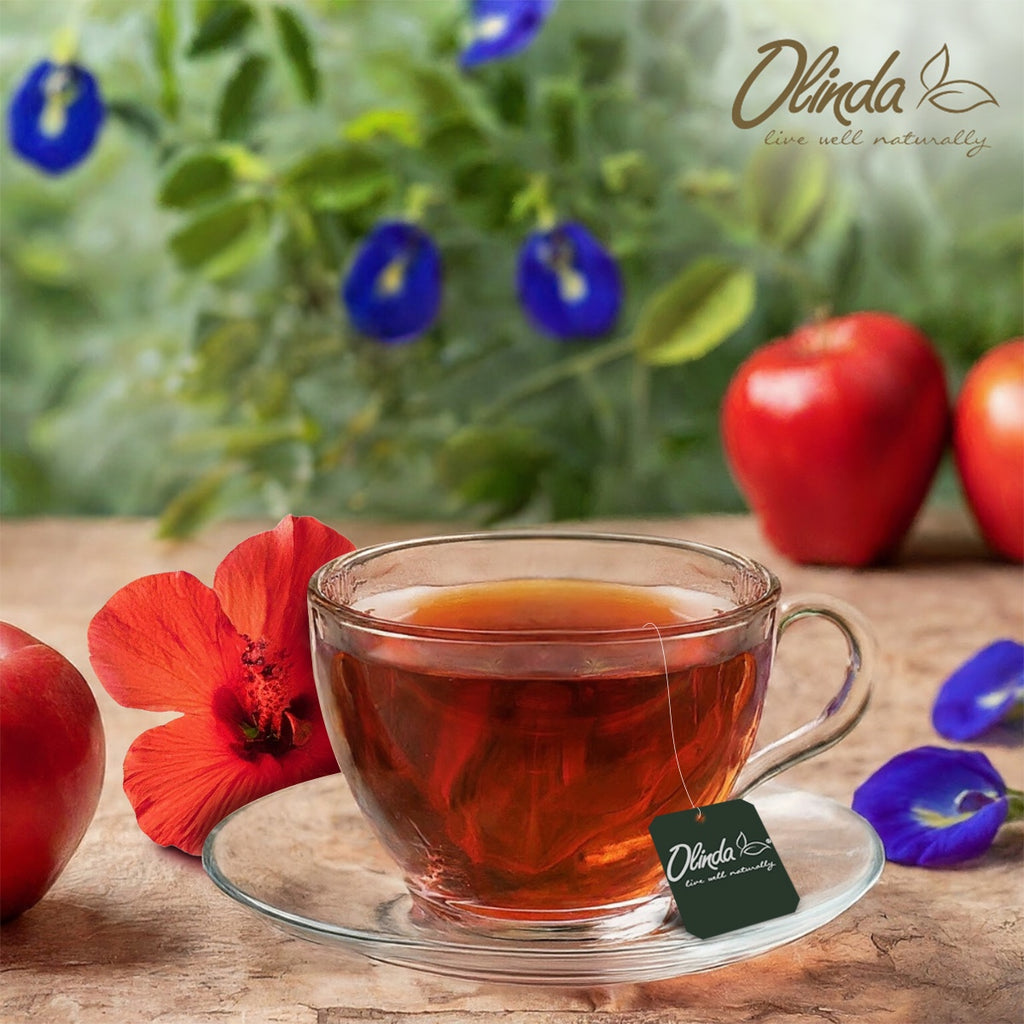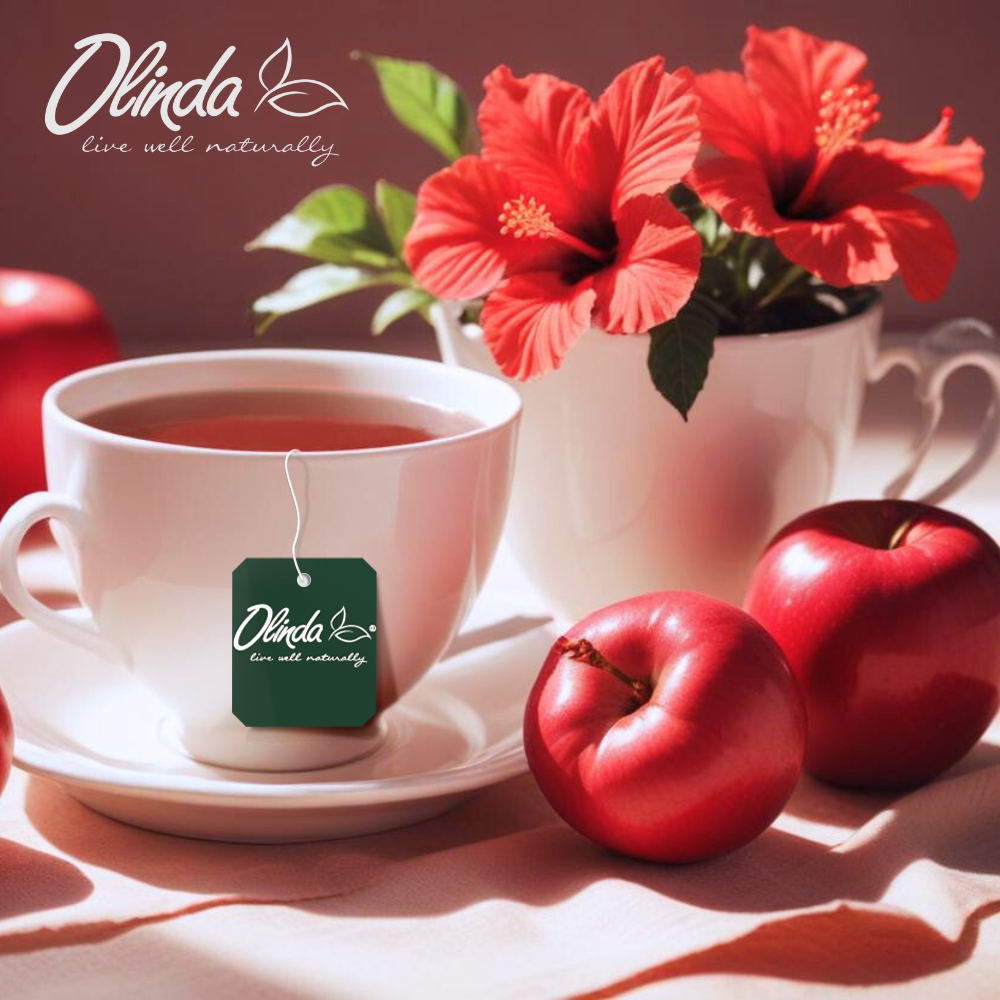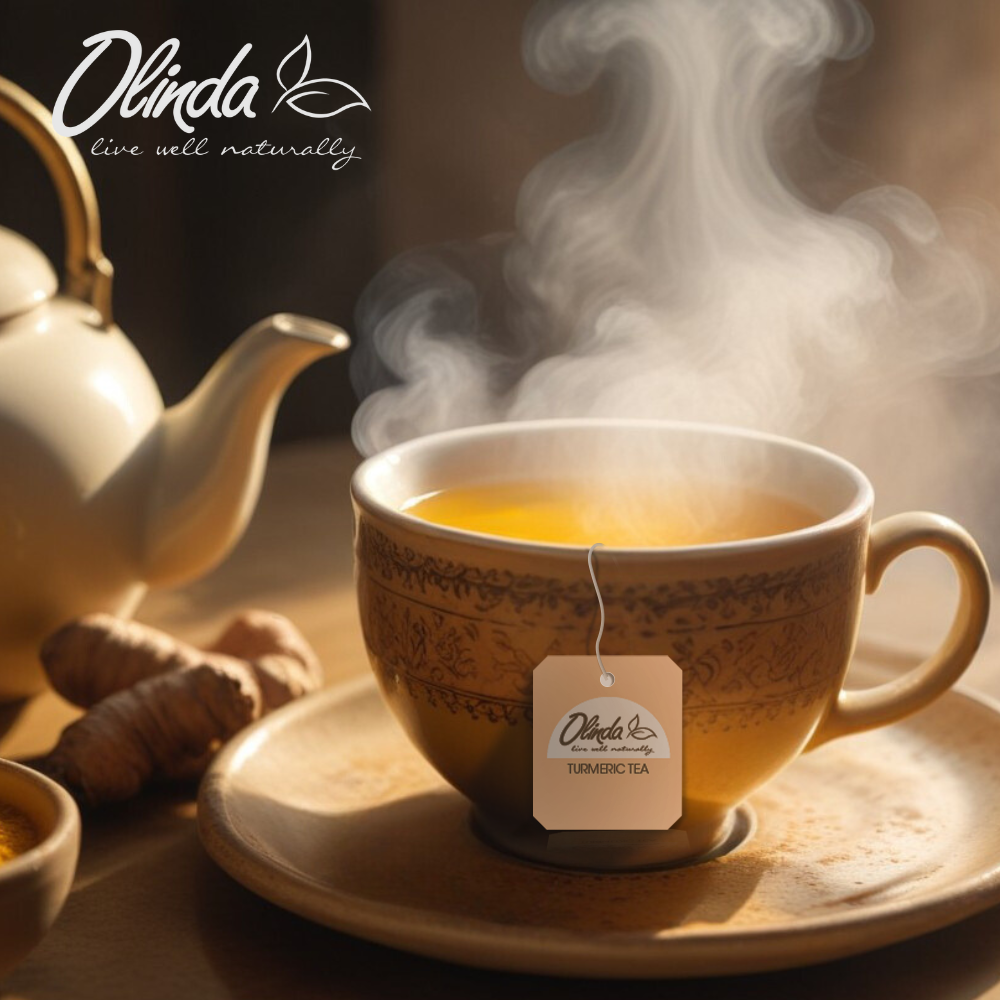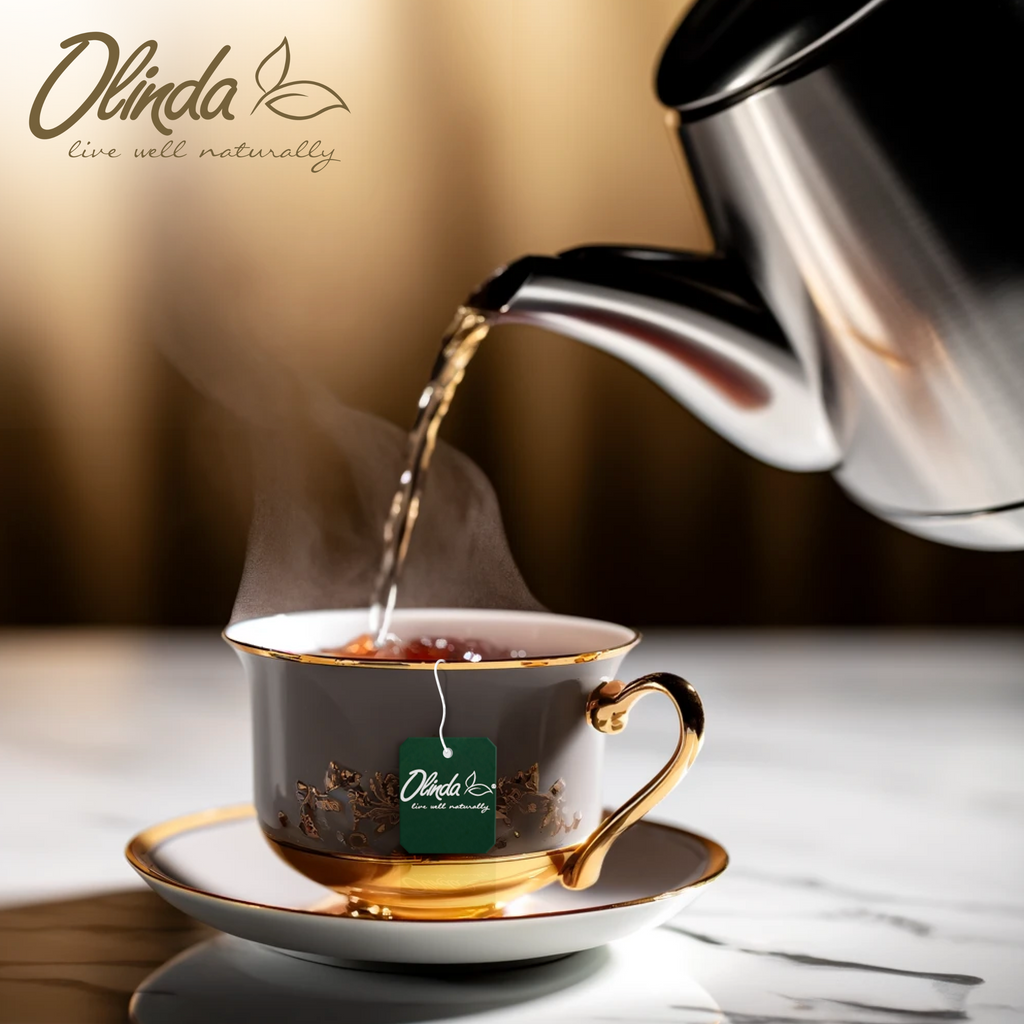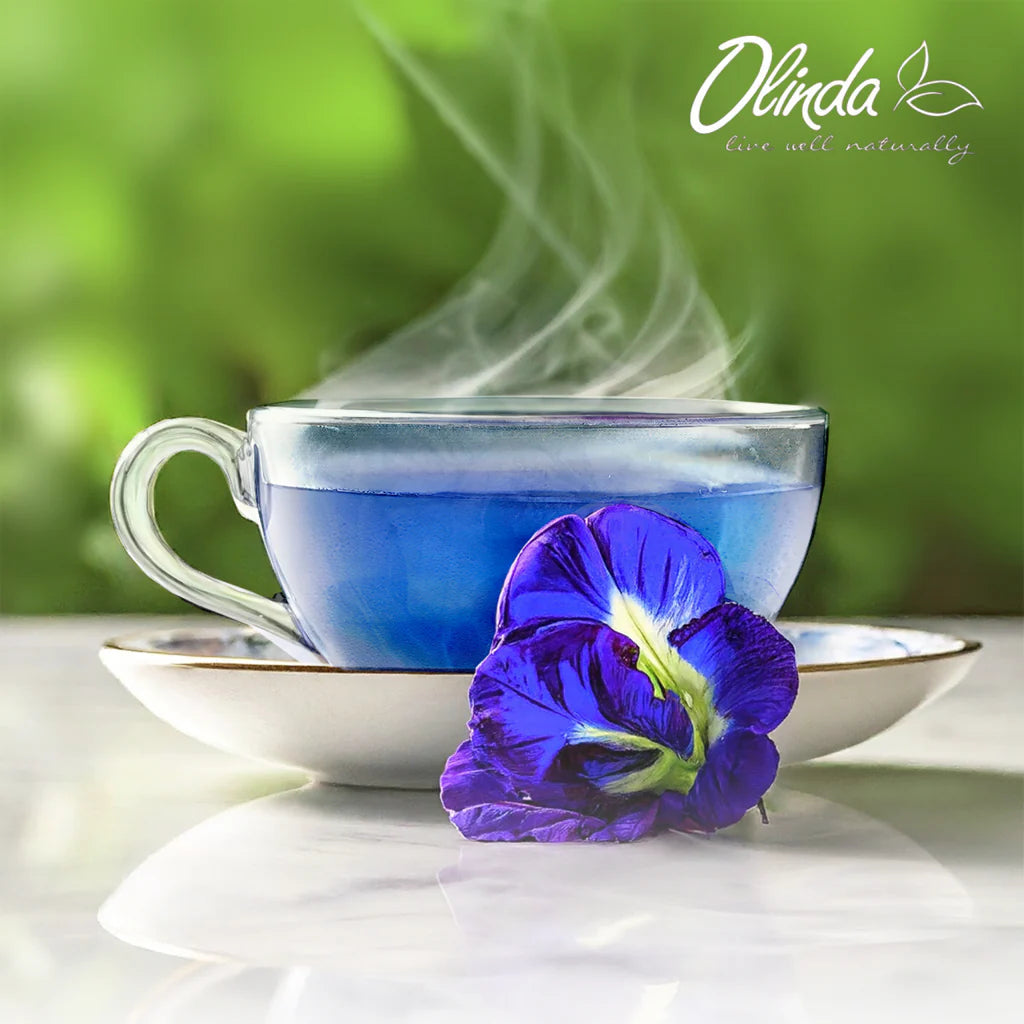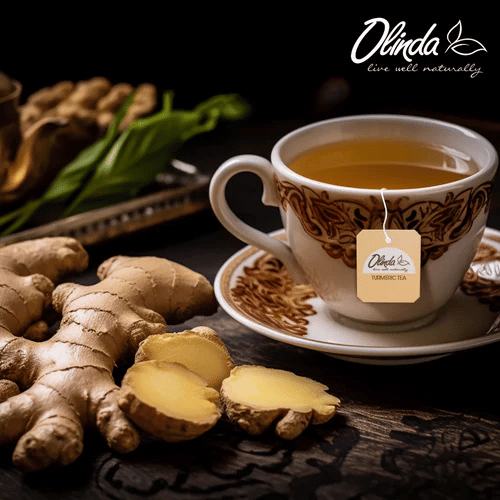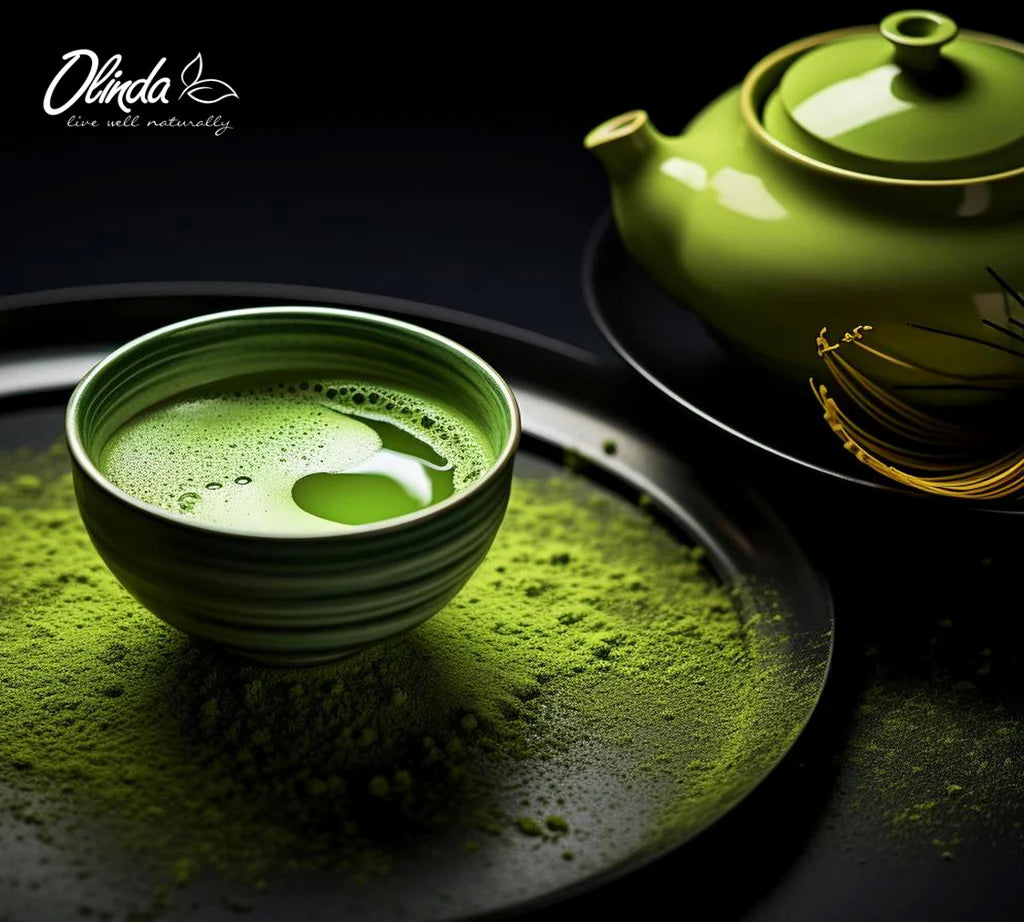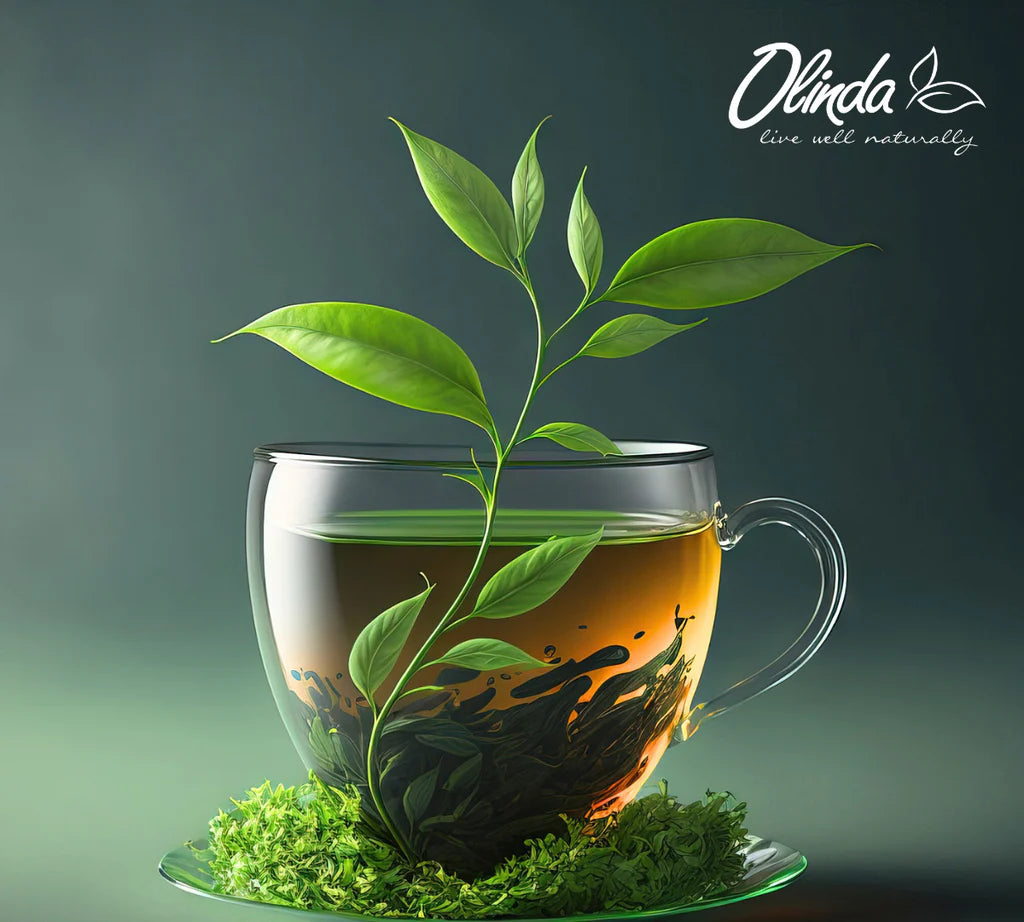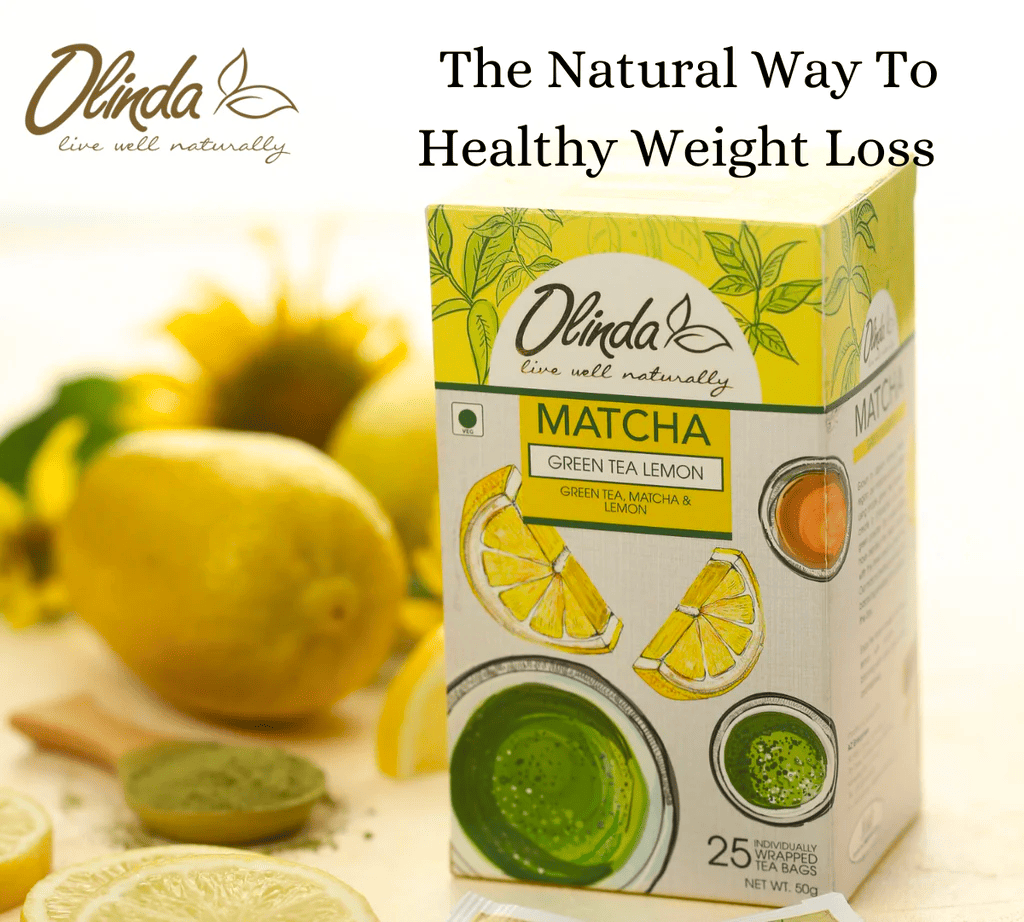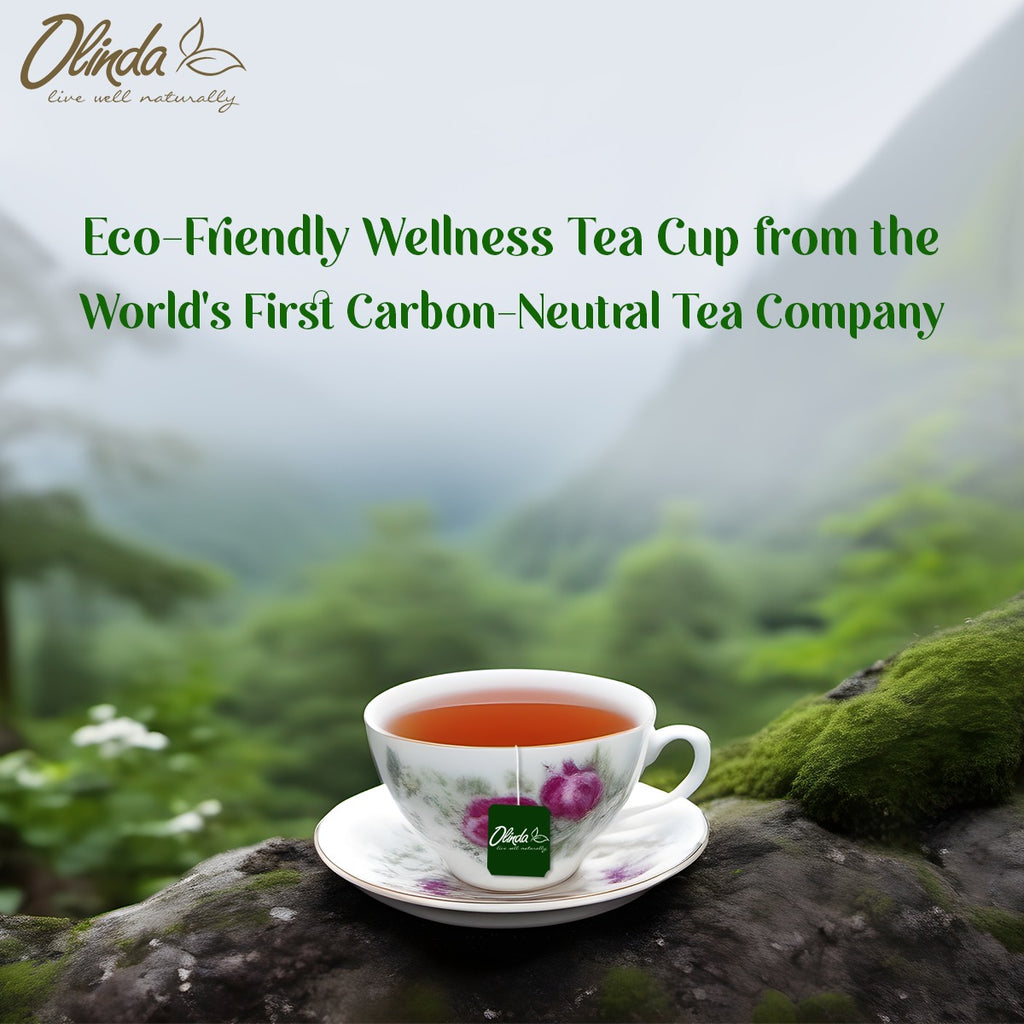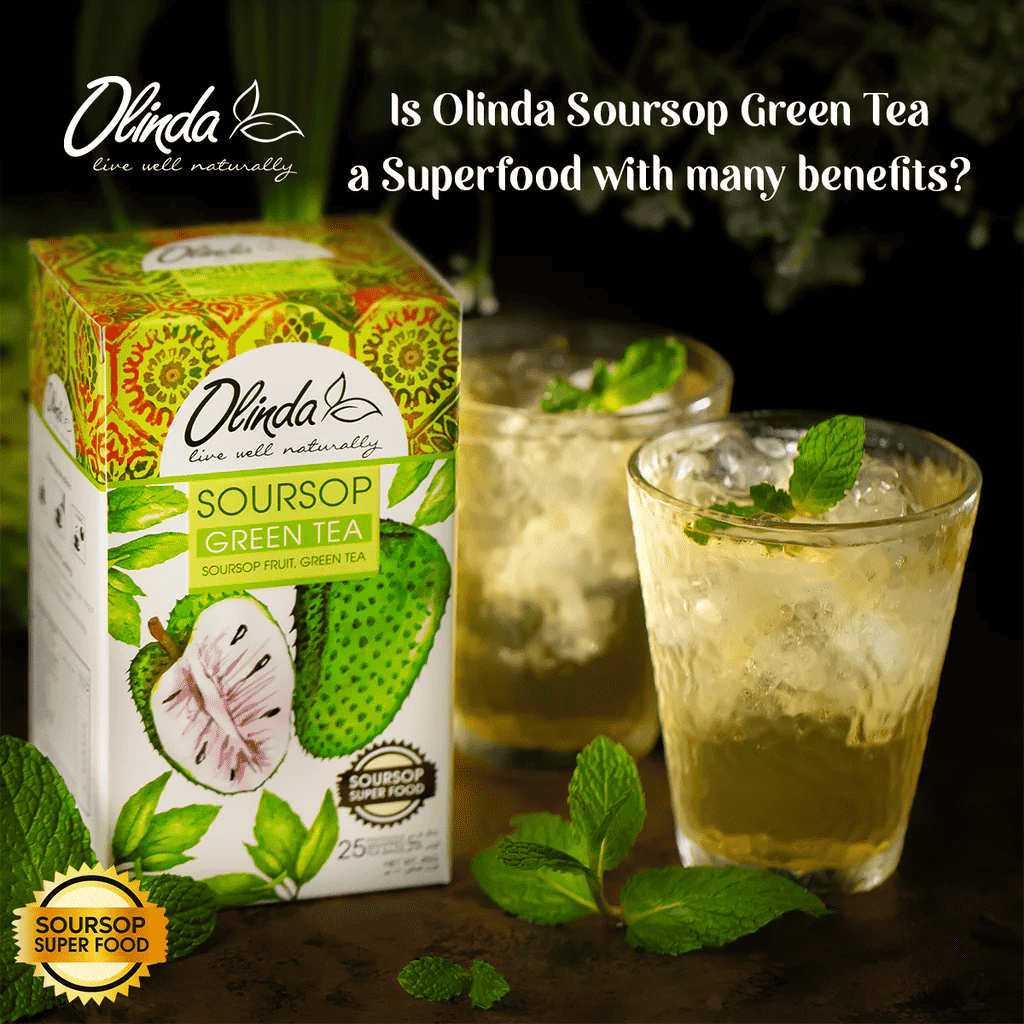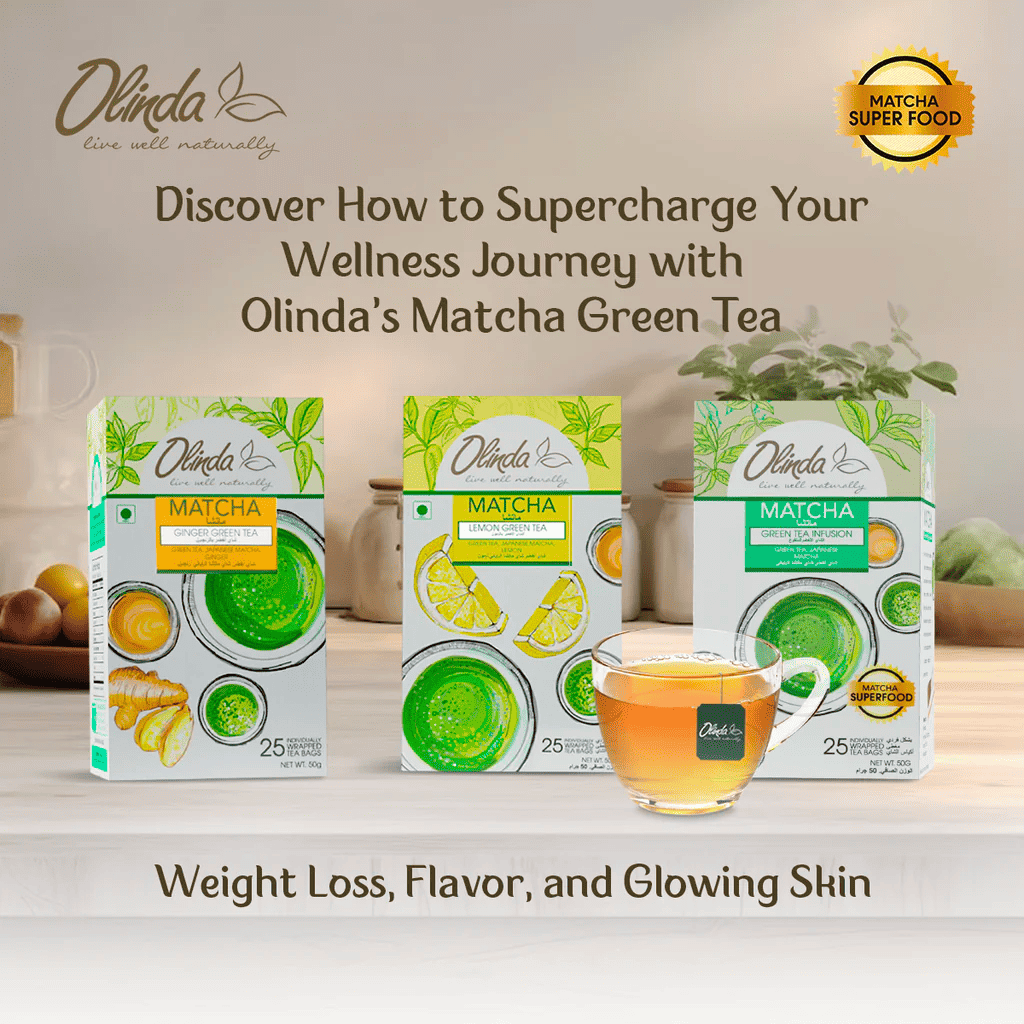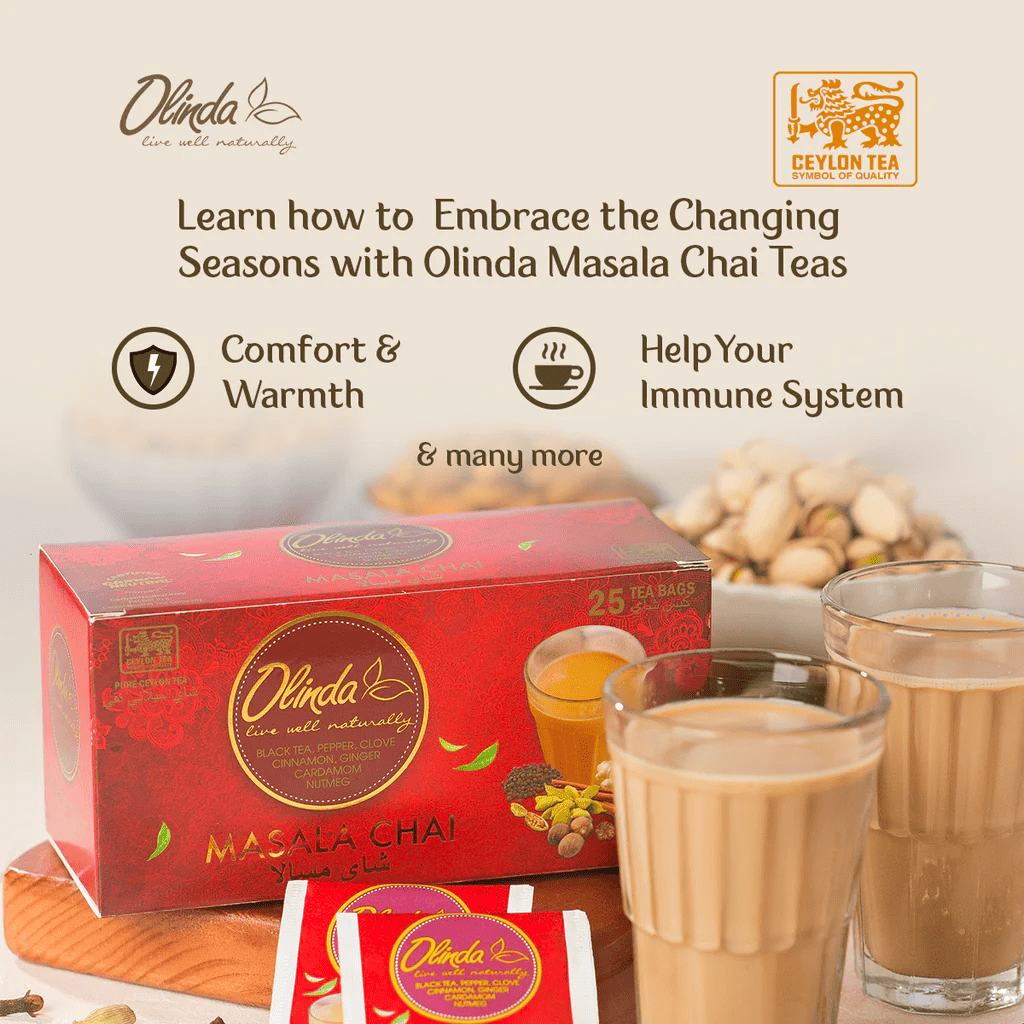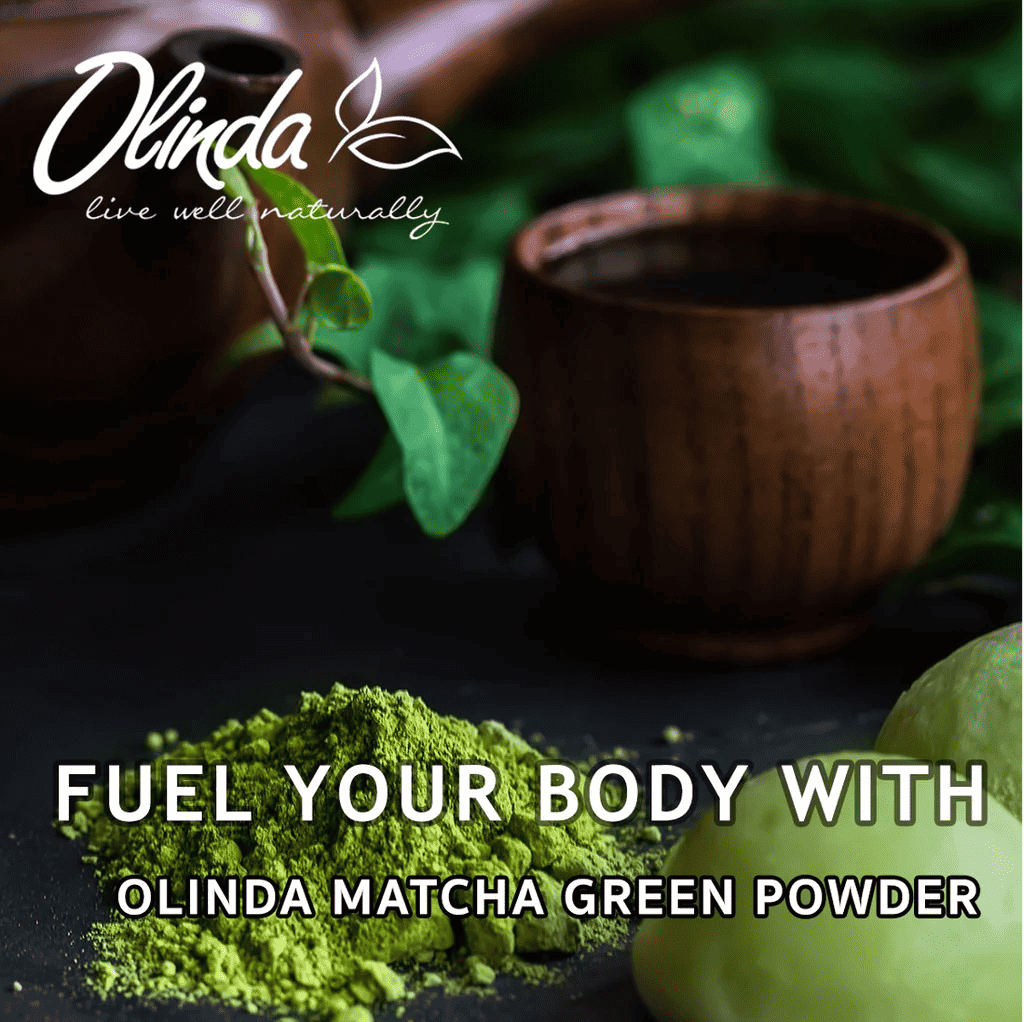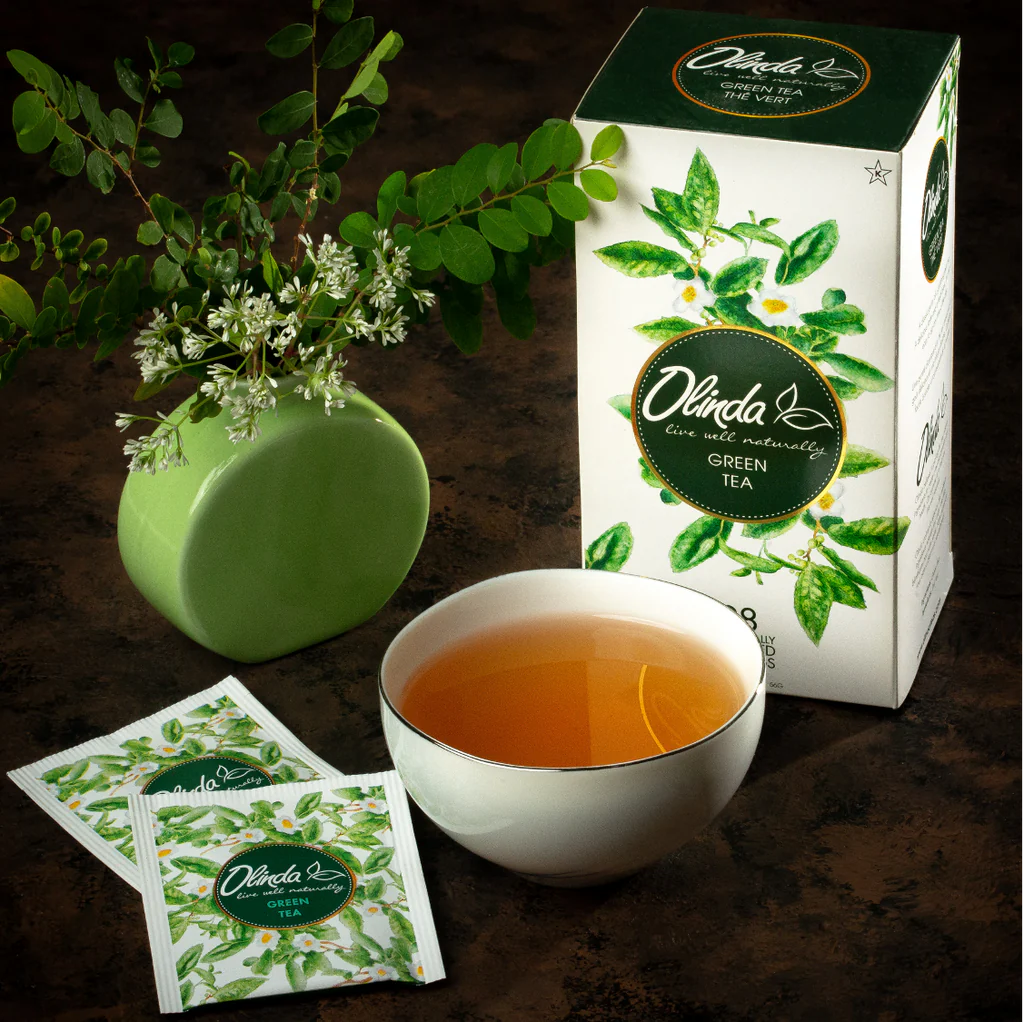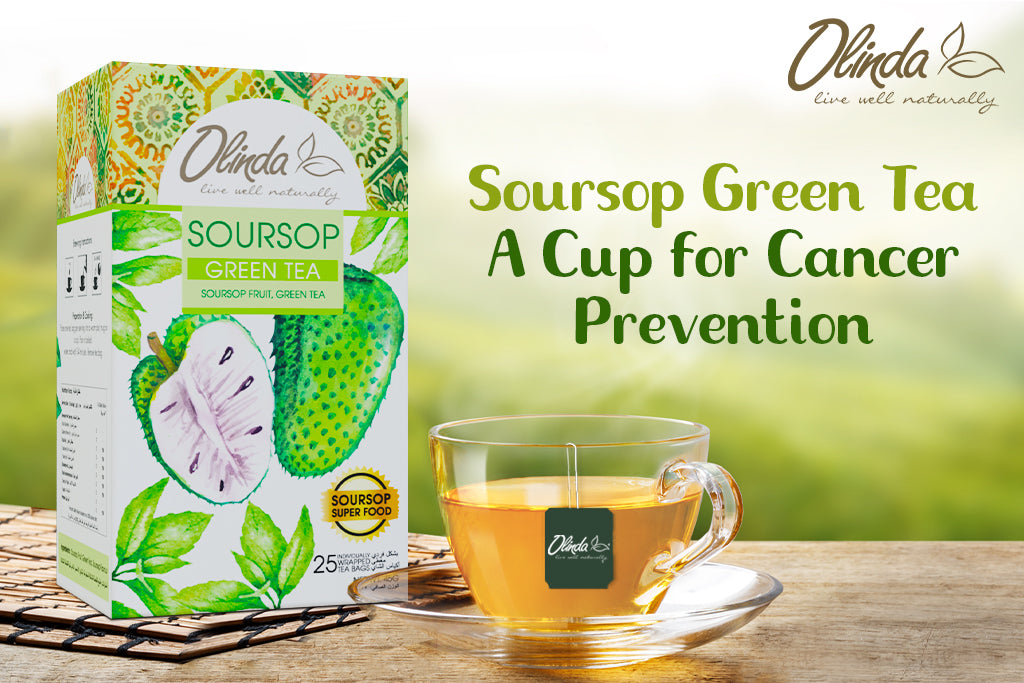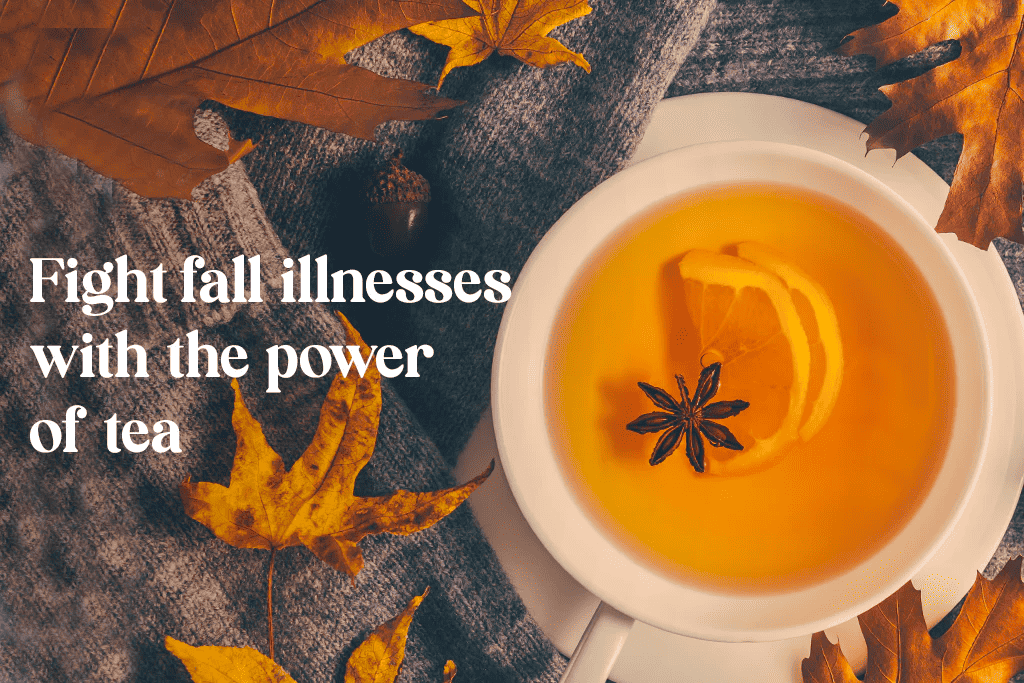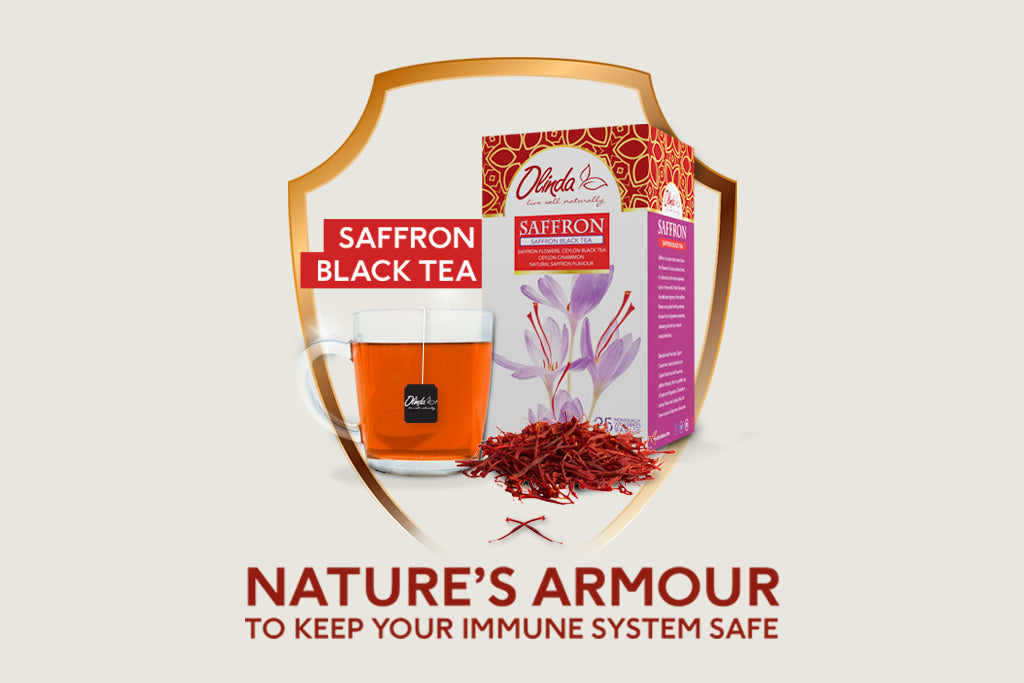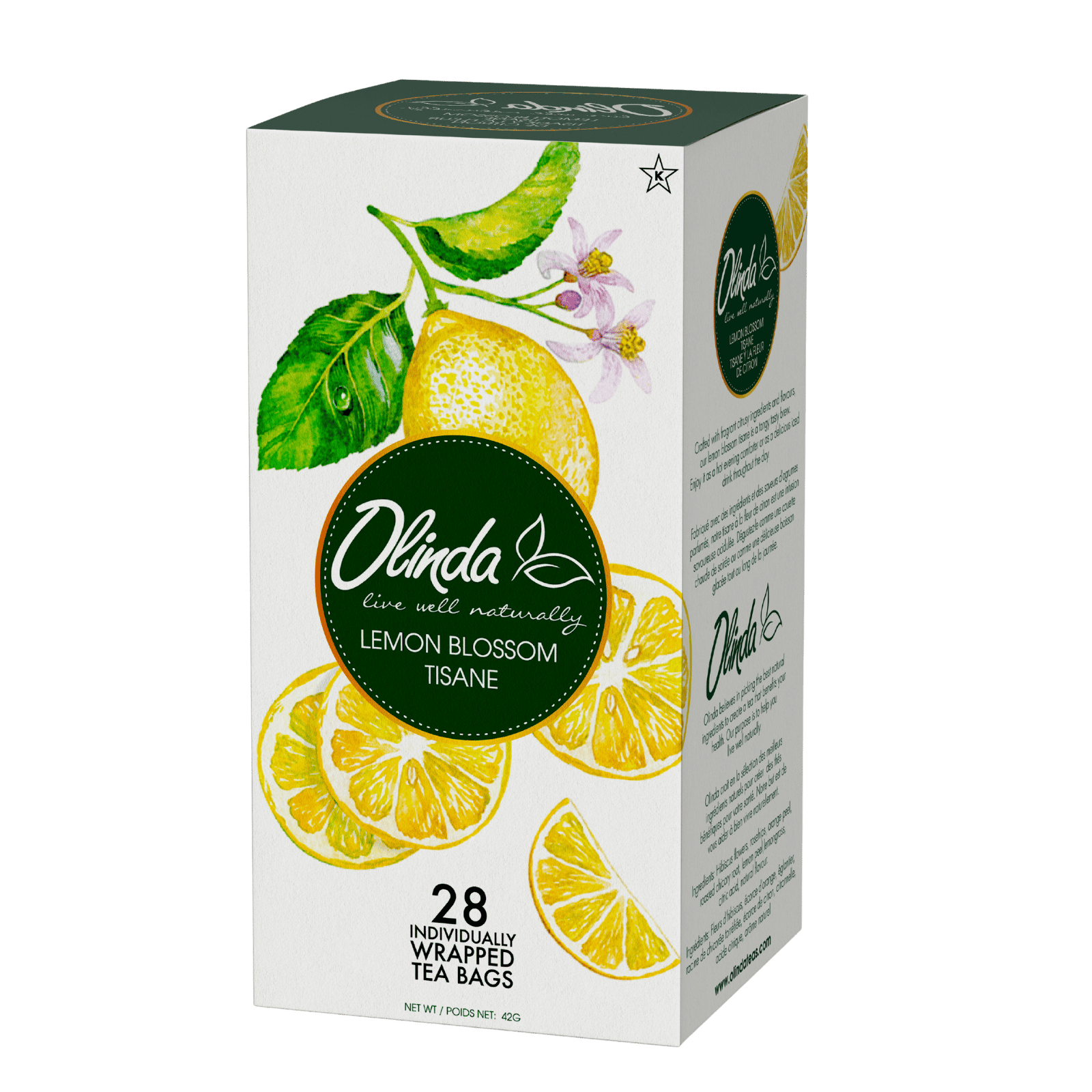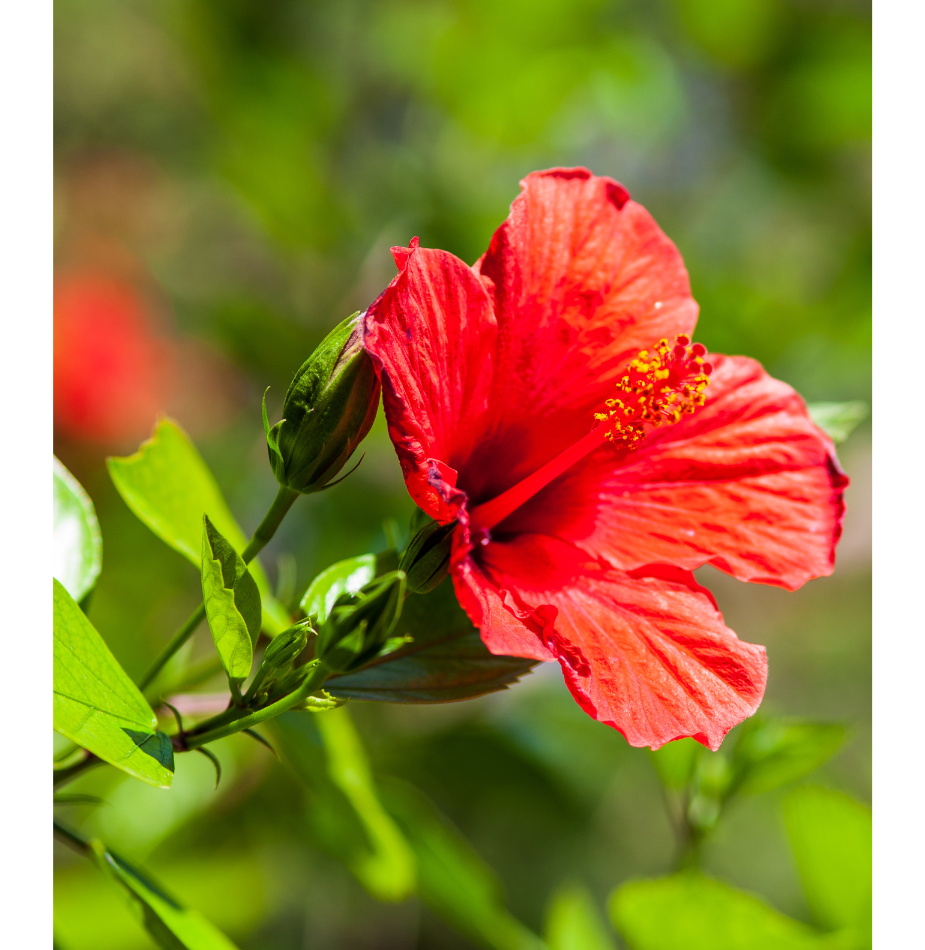
How tea can enhance different aspects of your life

Tea has been known for its medicinal and therapeutic properties for centuries. With such a vast number of varieties, traditional uses, folk remedies and scientific claims to consider, it can be confusing for even a tea expert to find the perfect blend for their specific wellness needs. That’s why it’s essential to learn which types of tea are beneficial for different situations. This guide will introduce you to the various benefits of tea on different aspects of your life. Once you get used to picking the right tea for the right occasion, this daily ritual will turn into a lifelong wellness practice.
Types of tea, explained
Let’s start with a quick breakdown of the various types of tea. There are five main types; the most popular kinds are black, green and oolong tea; the less common kinds are white tea and pu-erh tea. They all come from leaves of the same plant (camellia sinensis) but vary in their methods of extraction and processing.
There are also other variations of tea: flavored tea is brewed by adding other flavors such as spices and herbs to black, green or oolong tea; herbal teas (also known as tisanes) are made from different plants instead of camellia sinensis, and are healthier since they don’t contain caffeine.
These types of tea come in two main forms: loose leaf and tea bags. Both have their own distinct benefits, but it generally comes down to a matter of preference.
What aspects of your life can tea improve?
- Your overall health
The most universal benefit of herbal teas is that they are packed with antioxidants. These are substances needed by our bodies to fight off compounds called “free radicals” that cause damage to our cells and leads to heart disease, respiratory disease, cancer, arthritis and other serious medical conditions. Many types of herbal teas such as hibiscus tea, chamomile tea, saffron tea and ginger tea contain antioxidants, which can boost your overall health.
- Disease prevention
While there are universal health benefits associated with tea, there are some unique properties that are used for treating specific medical conditions:
- Hibiscus tea has been shown to lower blood pressure and blood fat, which can help to prevent heart diseases. Early studies indicate that it may also improve liver health and possesses anti-cancer properties.
- Ginger tea contains gingerol, which has many medicinal properties such as improving digestion, treating flu and cold symptoms, fighting infections and much more.
- Chamomile tea has been shown to reduce blood sugar in diabetes patients. It has also shown promise in cancer prevention trials and treatment of bone diseases such as osteoporosis.
- The spices contained in Chai tea have been shown to lower blood pressure and cholesterol and help regulate blood sugar levels.
- Saffron, a spice which is also prepared as a herbal tea, has been shown to reduce blood pressure and bad cholesterol, which helps improve heart health.
- Digestion
A cup of hot tea can go a long way in fixing an upset stomach. Whether as a remedy for a simple case of indigestion or as a habit to ward off any long-term digestive problems, tea is the perfect beverage for keeping your gut health in check.
- Ginger tea, specifically gingerol, has proven to be highly effective in treating different types of nausea. It has been used to reduce nausea that comes an after effect to chemo-therapy patients, and is widely known as a remedy for ‘morning sickness’ during pregnancy.
- Ginger is also found in Chai tea, along with other ingredients that are beneficial for digestion such as black pepper, cinnamon and cloves.
- Chamomile tea is another kind of herbal tea that contain anti-inflammatory properties which may be helpful in preventing digestive disorders.
- Reducing menstrual pain
More than half of all people menstruating report some pain around the time of their period. While it might not be the whole solution, tea can be a useful way of easing the pain at different points of the menstrual cycle:
- Saffron has been used to relieve premenstrual syndrome (PMS) which causes mental and physical discomfort in the weeks leading up to the period.
- Ginger has been proven to be effective at relieving pain when taken at the beginning of the menstrual period.
- Chamomile has been shown to reduce the pain of menstrual cramps, as well as reducing anxiety and distress from period pain.
- Mood
Tea has always been known to have calming properties, but some herbal teas can be extremely useful in regulating your mood:
- Saffron, also known by the nickname of “sunshine spice” for its mood-boosting properties, has proven to be as effective as many widely-prescribed antidepressant drugs, with the additional benefit of being organic and producing much fewer side effects. Therefore, saffron tea can be useful in treating depression.
- Other herbal teas have also shown effects on mood: chamomile tea has the potential to provide relief from anxiety, according to early studies; chai tea, which contains caffeine, can increase energy and alertness.
- Sleep
Sleep is considered the foundation of all health and fitness, which is why getting regular and restful sleep is the most important part of any wellness routine. Chamomile tea is the perfect sleep-enhancer; it has been a trusted remedy for centuries, and has been scientifically proven to help you sleep and improve overall sleep quality. It’s the perfect ritual to wind down the day, and a great reminder that the right cup of tea can bring the best out of any experience.
